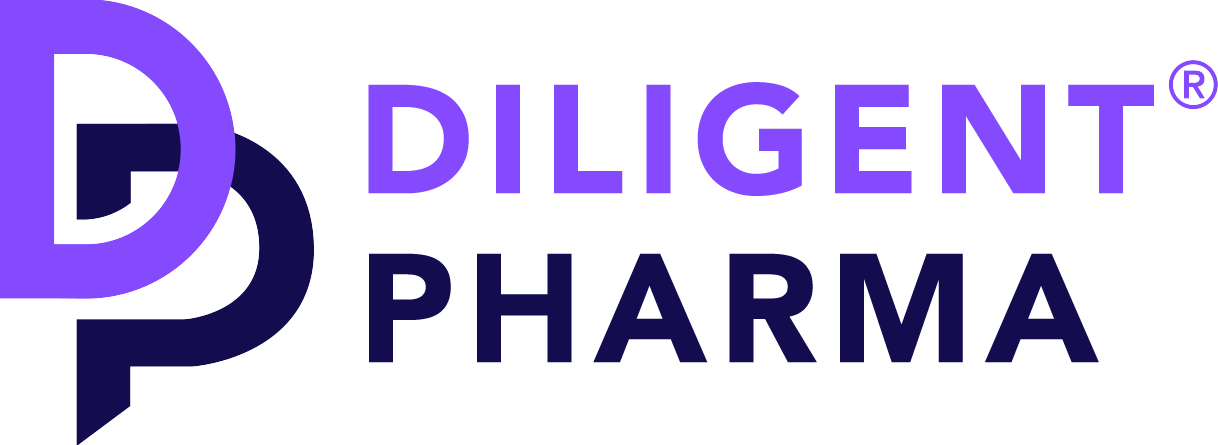Global regulators expect sponsors and CROs to use a formal risk-based approach to verify that their contracted vendors have the appropriate qualifications and processes in place, but the vendor qualification process varies within and between companies.
Keeping up to date with the latest regulatory requirements can be a daunting task. How do you know what “good” looks like? What questions should you ask to determine if a vendor complies with 21 CFR Part 11, EU Annex 11, or GDPR regulations?
Companies that use the Diligent Platform don’t have to worry. With access to pre-built RFI templates that cover over 30 different types of GCP/GCLP vendor categories, Sponsors can trust that they are gathering the right information from each vendor they evaluate.
Diligent’s templates contain targeted questions to determine a vendor’s compliance with both relevant local and global guidelines and industry-leading best practices.
Sponsors also don’t have to wait the typical weeks it can take for a Vendor to complete and return an RFI. Vendors complete their RFIs proactively when joining the Platform, and can release them to interested Sponsors within minutes of the request.
Here are 5 tips to keep in mind when creating your Qualification Questionnaire:
1. Create Targeted Questions:
- Tailoring questions to specific regulatory and quality standards ensures that the RFI focuses on a vendor’s compliance with necessary guidelines, such as FDA, ICH-GCP, or ISO standards.
- This reduces irrelevant information and helps identify whether the vendor meets critical requirements for your operations
2. Ensure Comparability:
- Using standardized templates enables side-by-side evaluation of vendors, simplifying the decision-making process.
- A consistent format reduces ambiguity and ensures you collect the same type of information from all vendors, making scoring more objective.
3. Be Mindful of Time:
- A concise RFI demonstrates respect for the vendor’s time, increasing the likelihood of getting thoughtful, high-quality responses.
- Overly lengthy RFIs may lead to incomplete responses or dissuade vendors from participating altogether.
4. Take a Risk-Based Approach:
- Creating a scoring mechanism based on risk tolerance allows you to focus on critical areas that could pose the greatest impact to your trial
- This helps allocate resources efficiently during the evaluation process.
5. Ask for Therapeutic and Indication Specific KPIs:
- Asking vendors to provide data on past KPIs relevant to your specific trial ensures that their performance can be properly evaluated.
- Therapeutic and Indication specific KPIs also help determine whether a vendor can deliver the consistent results that you require.
Free RFI
Experience the power of the Diligent Platform by downloading a Free RFI today.
Complete the form below and receive a discount code that unlocks a free RFI of your choosing.
